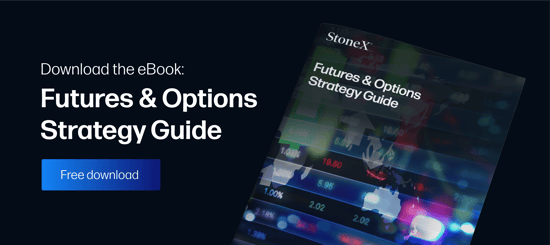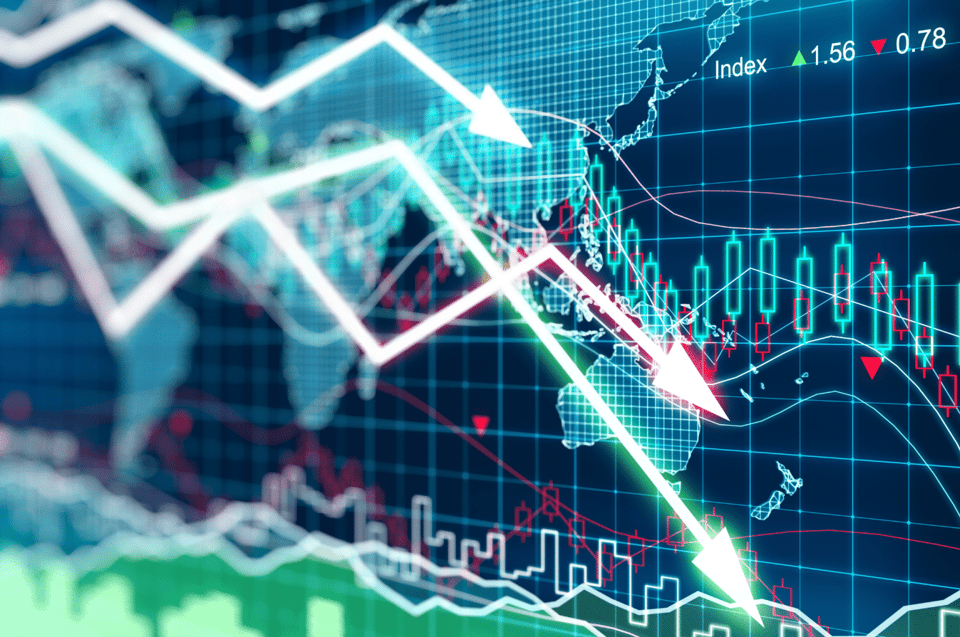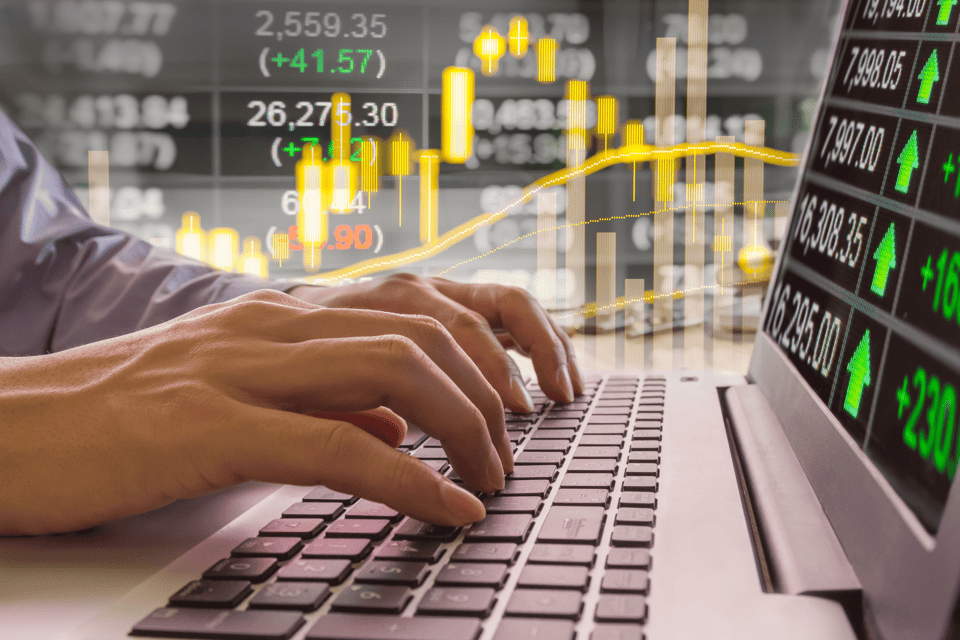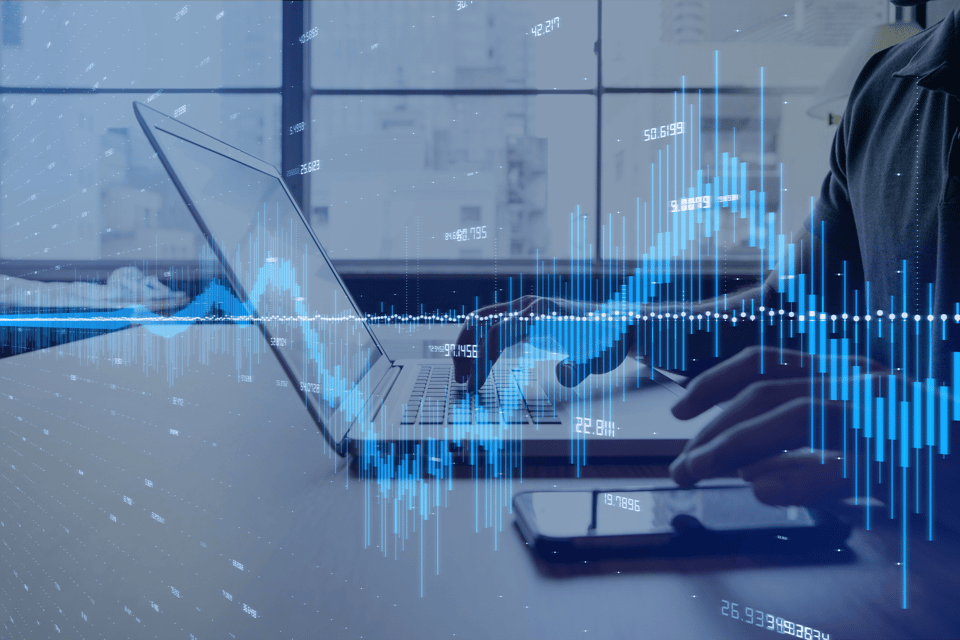From exchange-traded funds (ETFs) to forex pairs, a vast array of derivatives products help individuals pursue almost any financial goal. Two such offerings are forward and futures contracts.
If you aren’t a financial industry professional or a veteran trader or investor, then understanding the difference between forward and futures contracts can be a challenge. However, there’s no need to worry―futures and forwards are intuitive products. Check out this quick primer on these popular trading and investment vehicles.
What Is a Futures Contract?
A futures contract is a legally binding agreement between a buyer and a seller. It defines the purchase or sale of a specific asset quantity on some forthcoming date.
A futures contract is a standardized financial instrument. This means that it is subject to the following parameters:
- Quantity: A contract’s quantity is the unit amount of the underlying asset.
- Expiration date: An expiration date is the day on which a contract is no longer offered for trade.
- Settlement procedure: Depending on whether you’re a buyer or seller, each futures contract is settled financially or via physical delivery at expiry.
- Price: Futures are priced by the open market and evolve continuously from launch to expiry.
Futures contracts are traded on margin, courtesy of brokers, clearinghouses, and exchanges. A few leading providers of futures products are the Chicago Mercantile Exchange (CME), the Chicago Board and Options Exchange (CBOE), and the Intercontinental Exchange (ICE).
What Is a Forward Contract?
A forward contract is a binding agreement between a buyer and seller. It governs the purchase or sale of an asset quantity at a specified price on some forthcoming date.
Forward contracts are customizable derivatives products. They exist as private agreements between parties and are traded in an over-the-counter (OTC) capacity. However, although customizable, each includes the following elements:
- Quantity: Participants agree to a predetermined asset quantity.
- Price: Buyers and sellers agree to a specific up-front contract price.
- Expiration date: Like futures, forwards have an expiration date.
- Settlement procedure: Depending on whether you’re a buyer or seller, contracts are settled financially or via physical delivery.
So what is the difference between forward and futures contracts? We’ll cover that next.
Futures vs. Forwards
Although they are similar financial instruments, the differences between forward and futures contracts are profound. Here are a few key distinctions:
- Exchange vs. OTC: Futures are standardized exchange-traded products, thus readily available to the public. Forwards are non-standardized OTC issues, thus generally privately traded.
- Market price vs. set price: Futures contracts are subject to the process of price discovery. As a result, a contract’s price may fluctuate dramatically from launch to expiry. This isn’t the case with forwards. Although price is relative to the underlying asset, forward contracts are priced up front in concrete terms.
- Counterparty risk: Futures are not subject to counterparty risk because all transactions are cleared through a formal exchange. Because they’re OTC products, forwards are subject to counterparty risk. If a buyer or seller of a forward fails to meet obligations, the contract may become devalued or worthless.
The constant volatility in pricing makes futures contracts attractive to speculators. The rapid shifts in value can generate profits and immediate cash flows. Conversely, forwards have a finite price and are settled on expiration. Because of this structure, hedgers find them especially useful in limiting exposure to short-term market volatility.
Getting Started with Futures and Forwards
Futures and forwards offer participants a variety of unique applications. No matter if you’re a speculator or a commodity producer actively managing risk, each can play an important role in your financial game plan. For more information on the difference between forward and futures contracts, contact a market pro at StoneX today.



